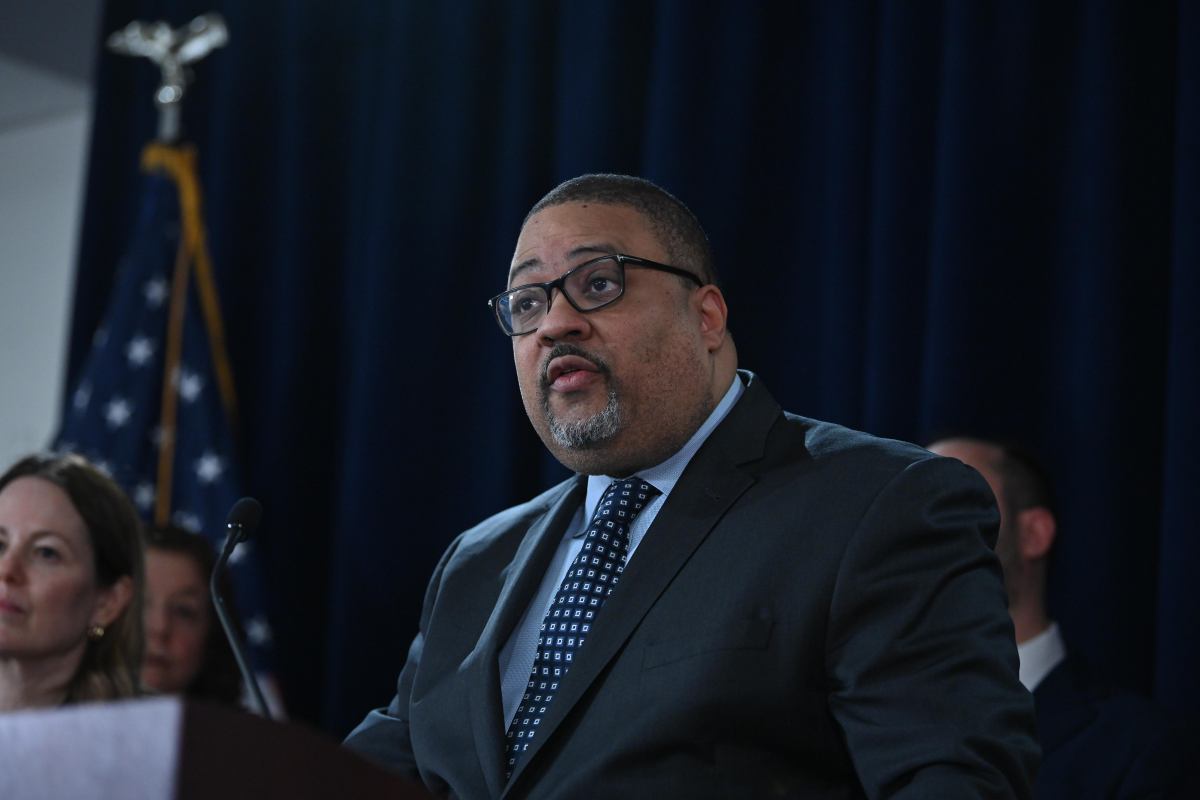WASHINGTON (AP) — Besieged Republican Rep. George Santos arrives on the House floor most days to deliver short speeches — celebrating women-owned small businesses, a special high school in his district or raising concern about various countries in crises.
At other times he can be seen dashing through the halls of the U.S. Capitol as lawmakers do, from one meeting to the next. He once passed out doughnuts to the press corps staking out his office.
Far from being chastened by the widespread criticism, mockery and rejection that Santos has received after having admitted to fabricating many aspects of his life story, the newly elected congressman is breezily carrying on in Congress. He is refusing calls for his resignation all while rewriting the narrative in real time.
For Santos, it’s an unusual up-is-down approach that would have been almost unthinkable in an earlier generation but one that signals the new norms taking hold amid the deepening of a post-truth era in Congress.
“I was elected by the people to come here to represent them, and I do that every day,” Santos told The Associated Press in a brief interview off the House floor.
“It’s a hard job. If I said it was easy, I’d be lying to you — and I don’t think that’s what we want, right?”
Pressed about the idea of a post-truth era, Santos said, “I think truth still matters very much.”
Perhaps not since Donald Trump launched his presidency with exaggerated claims of the crowd size at his inauguration has an elected official arrived in Washington and sought so brazenly and defiantly to convince the public of reality different than the one before their very eyes.
Santos is coming of political age at a time of an unmooring in civic life, when a duly-sworn member of the U.S. Congress can persevere, business as usual, despite having admittedly lied to voters about his resume, experience and personal life as he ran for elected office.
While Santos faces a crush of investigations — by the House Ethics Committee and a county prosecutor in New York — as well as questions from earlier charges in Brazil, where he lived for a time, he appears unmoved by the challenges.
Just a few days ago, Santos filed paperwork to potentially seek reelection.
“It used to be that when a politician lied, and they got caught, they were ashamed — or there was some sort of accountability,” said Lee McIntyre, the author of “Post-Truth” and a research fellow at Boston University.
“What I see in the post-truth era is not just that people are lying or lying more, it’s that they’re lying with a political purpose,” he said. “The really scary part is getting away with it.”
At stake is not just “truthiness,” as comedian Stephen Colbert once called falsehoods in public life, but broader questions over the expectation of truth-telling from political leadership.
Santos has admitted he had portrayed himself as someone he was not — not a college graduate, not a Wall Street whiz, not from a Jewish family of Holocaust survivors, not the son who lost his mother in the 9/11 World Trade Center attack.
In the time since, more questions have flowed, including about the origins of a $700,000 loan he made to his campaign for Congress and his own reported wealth.
Fellow Republican Rep. Anthony D’Esposito of New York, a freshman who won election last fall from the neighboring Long Island district, said: “I don’t think it’s the state of politics. I think it’s state of an individual — and the state that he’s in is one of delusion.”
D’Esposito has introduced a pair of bills that would prevent elected officials from profiting off wrongdoing and said he is working with others to ensure Santos is not “the face of our party. We’ve made it very clear. He’s not our brand. He’s not part of us.”
While Santos did remove himself from his committee assignments while the investigations are underway, he has withstood the pressure from Republicans to resign and from Democrats to be expelled from office.
House Speaker Kevin McCarthy, who won a slim Republican majority with just a few seats to spare, has said the voters elected Santos and “he has a right to serve.” If wrongdoing is found, Santos could be removed from office, he said.
“He should have resigned a long time ago,” said Rep. Robert Garcia of California, the Democratic president of the freshman class who sponsored the resolution to expel Santos.
“This is not just Democrats saying this and his Republican colleagues in New York,” Garcia said in an interview. “Nobody wants him in D.C.”
But Santos appears emboldened as his profile has risen, even being parodied on “Saturday Night Live.” He has introduced his own bills in Congress — including one to require cognitive tests for presidents — and is trying to move on.
“I’ve owned up to it, and I came clean on it,” he said referring to the public apologies he made in December.
When President Joe Biden arrived to deliver the State of the Union address last month, Santos infuriated colleagues by situating himself on the center aisle — the place to see and be seen greeting the high-profile guests. He was scolded by fellow Republican Sen. Mitt Romney, who said it was improper for Santos to be “parading in front of the president” and others.
“Senator Romney just echoed something I heard my entire life, right, coming from a minority group, coming from a poor family: Go to the back room and shut up. Nobody cares to hear about you,” Santos recalled. “Well, I’m not going to do that.”
Santos often turns the tables, engaging in the whataboutism that has become commonplace in modern politics — the verbal somersault of equating one’s actions with those of others, even when they are not quite comparable situations.
“You know,” Santos said, “have you ever not told a lie? Think hard.”
It’s what McIntyre calls a classic “disinformation tactic” designed not to bring clarity but confusion, and avoid accountability.
Asked if he was here to stay, Santos said, “I’m here to do the job I was elected to do for the next two years.”
But will he run for reelection? “Maybe.”




















